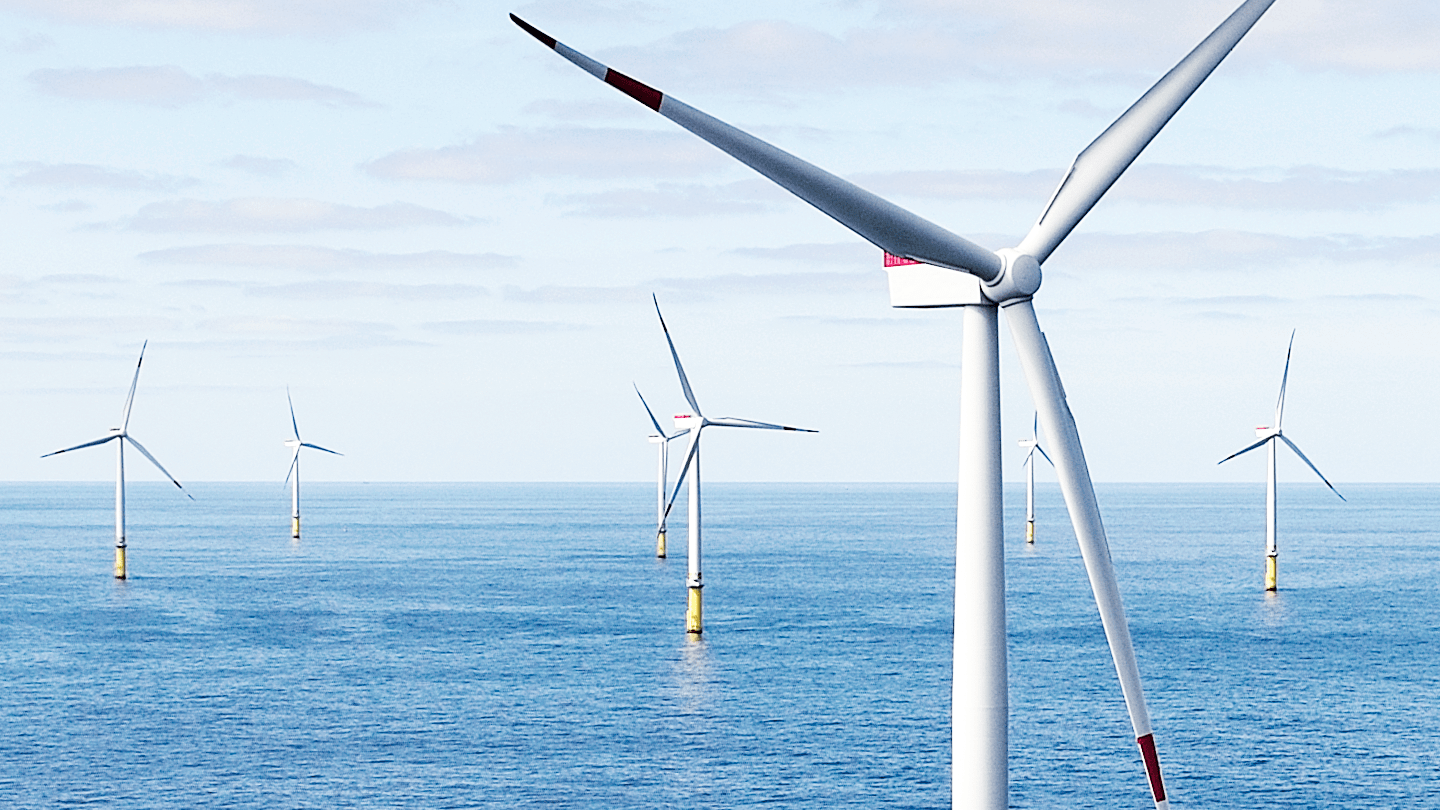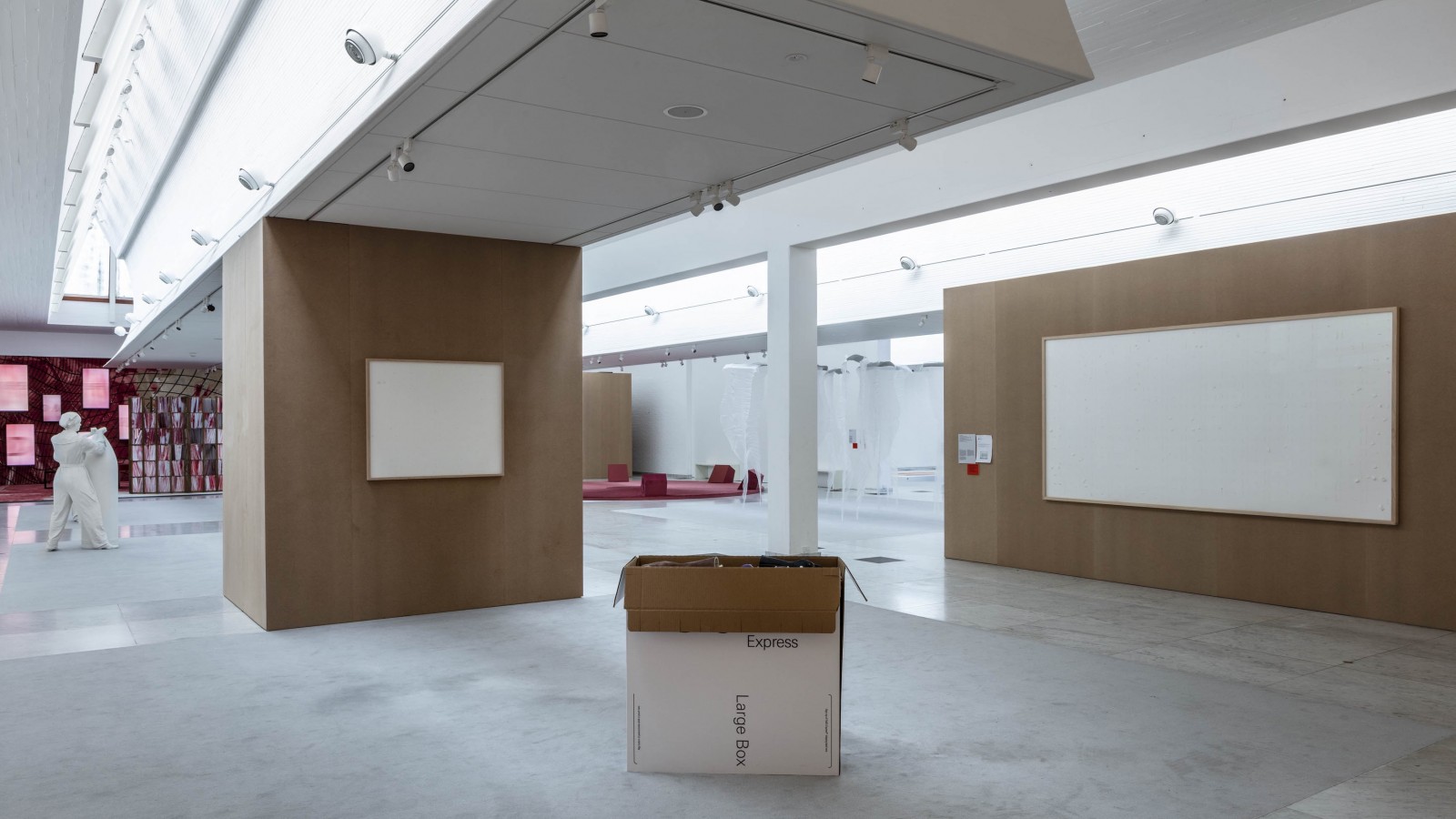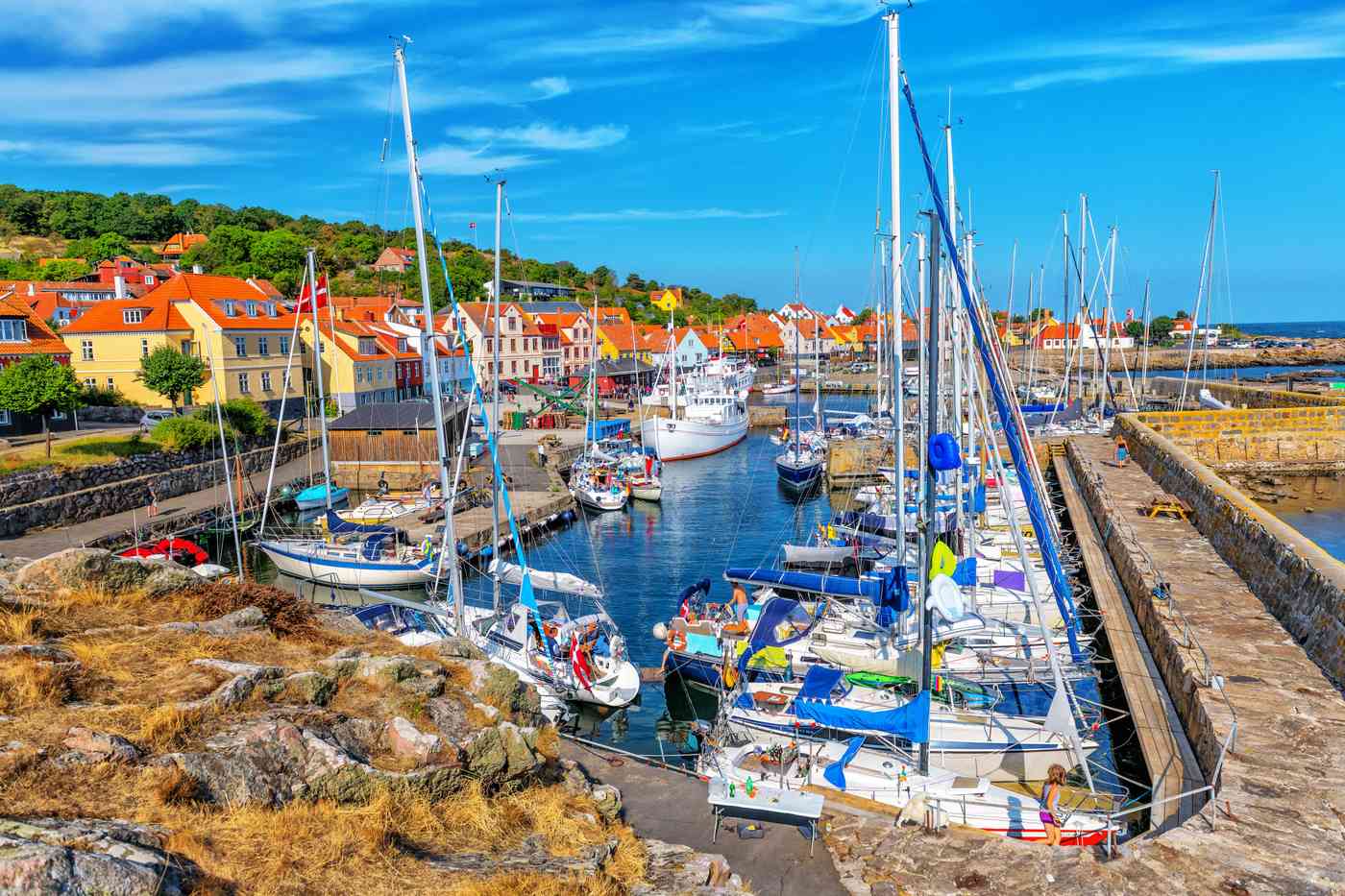Danish women rights’ organisations would like to see the removal of value-added tax (moms) on menstrual hygiene products, such as tampons and sanitary pads, reports Metroxpress.
And politicians from two parliamentary parties – Enhedslisten and SF – agree that the so-called tampon tax should be banned.
“It’s a really good idea,” Pernille Skipper, the spokesperson for Enhedslisten, told Metroxpress.
“We have already prepared a proposal to remove moms from organic and healthy products, so this idea is not foreign to us and we will look into that.”
Nanna Højlund, the chair of the Danish Women’s Council, believes having moms on products such as tampons punishes women for being women.
READ MORE: Danish women charged more for personal care products than men
Costly menstruation
In the UK, France, Canada and Australia, recent campaigns have led to the local governments reducing moms on menstrual hygiene products.
According to Danmarks Statistik, Danish women spend about 12,000 kroner on sanitary pads and tampons in a lifetime.
An item of the most popular menstrual hygiene brands in Denmark, such as Always Ultra and Tampax, costs about 40 kroner.
On average, Danish women start menstruating at the age of 12 and stop in their late 40s.












